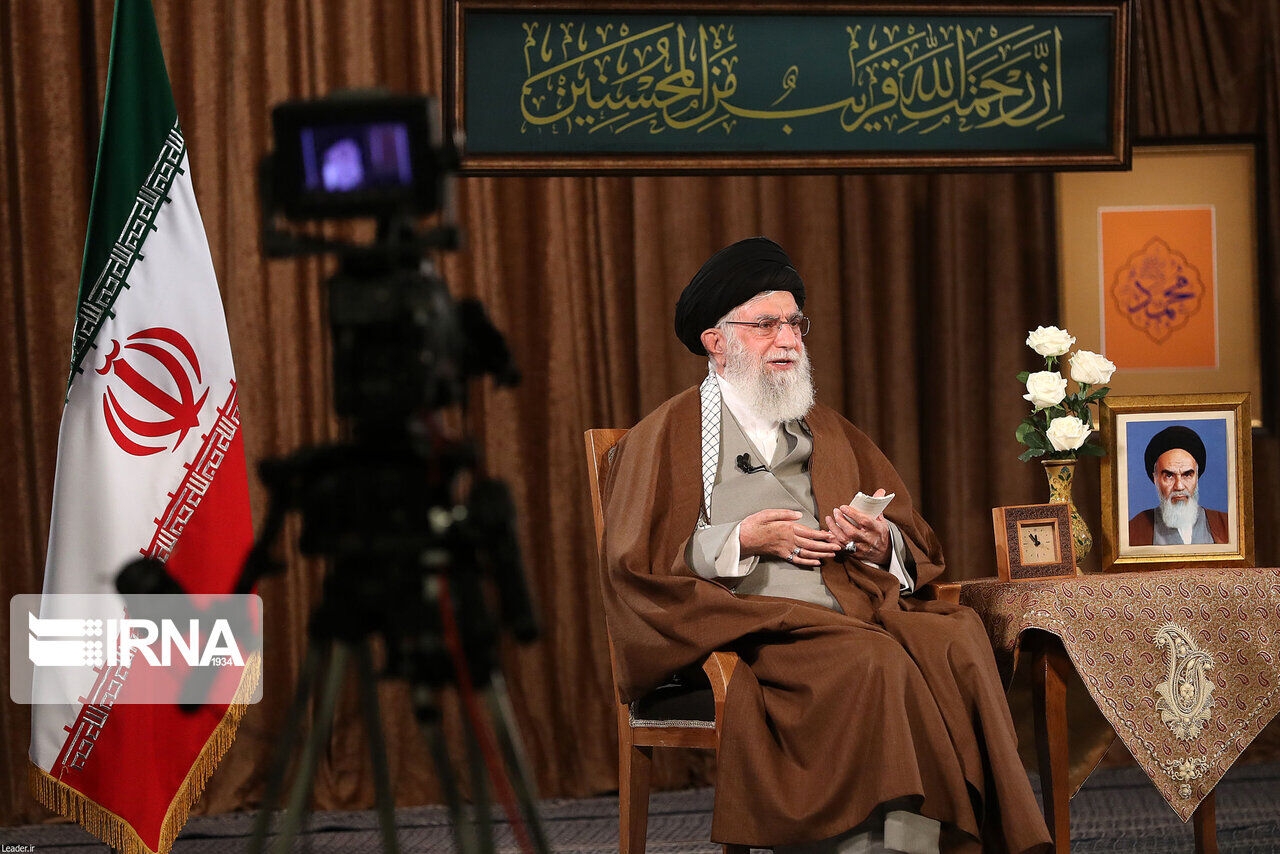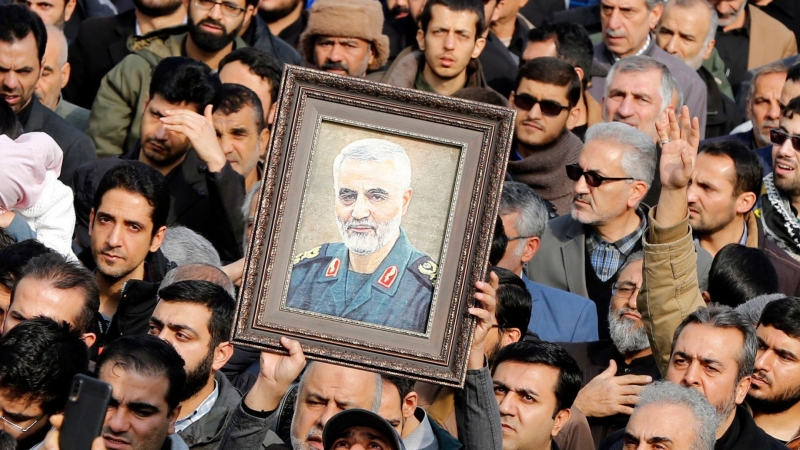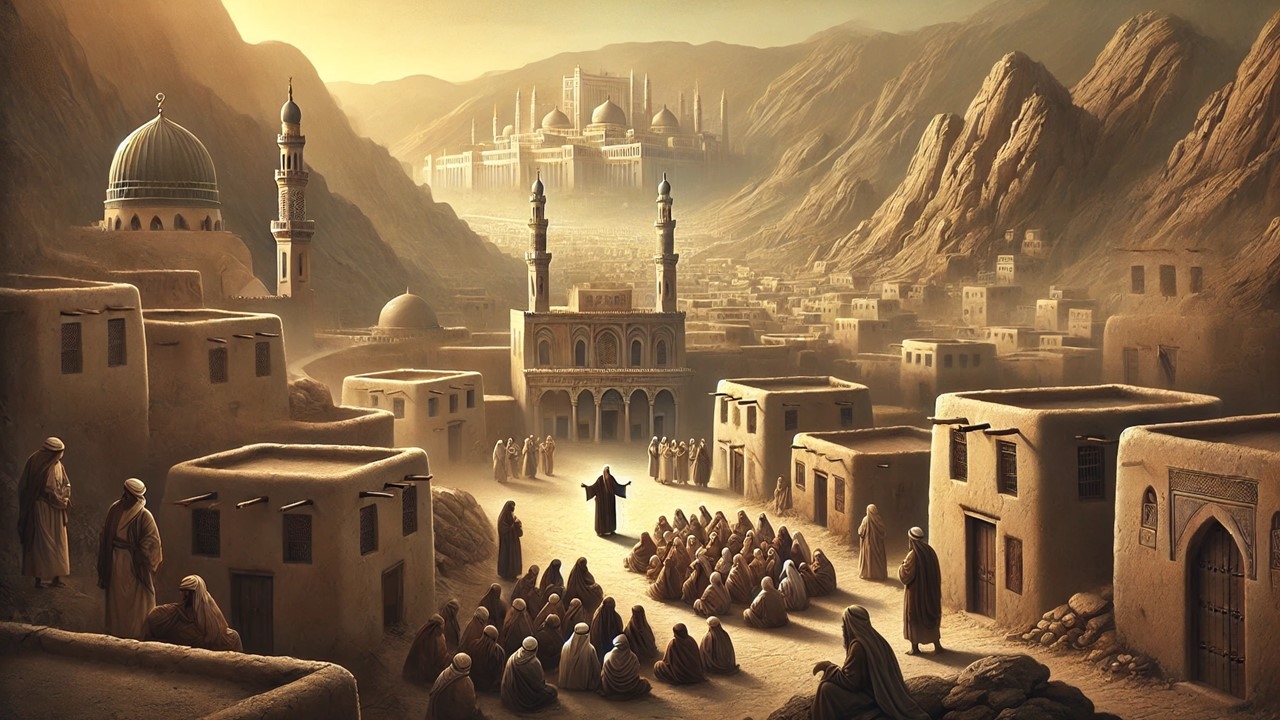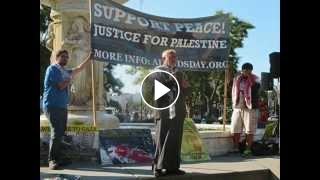



In Makkah, the number of Muslims remained relatively small: some 200 people out of a total population of 5,000. Yet they were totally committed. Among them three individuals stand out for their dedication to the Prophet and their sacrifices for Islam.
As the last and final Messenger of Allah, Muhammad’s (ﷺ) mission was not only to inform but also to transform society. For this he needed power which has not received adequate attention. Muslims must study his seerah properly if they want to transform their errant societies today.
The Qur’an is Allah’s guidance to humanity and the Prophet’s Sunnah and Seerah are the practical manifestations of Qur’anic principles. The Prophet (pbuh) established a society and state based on social justice free from oppression and exploitation.
Examining the Prophetic mission in Makkah, it becomes clear that it was geared toward an ideological challenge to the entrenched power structure in society. Rituals were not a part of this phase of the Prophetic mission.
The noble messenger (pbuh) was sent not merely to teach rituals but to transform the society by instilling the understanding that power and authority belong only to Allah. From this follows that only Allah’s laws must be implemented in society. Muslims need to pay close attention to this aspect as they hold Mawlid celebrations this year.
The Prophet (pbuh) was chosen by Allah for a divinely-ordained mission. He received guidance from on high but on worldly matters he consulted his companions. Unless divinely instructed, he allowed them to decide on issues through mutual consultation.
Since the Seerah is central to the ethos of Muslim life, it must be properly understood beyond the aspects of rituals. There is need to look at in its broader context as a process of transformation.
As the Taliban grapple with the issue of recognition, they should study the Covenant of Madinah (aka the Constitution of Madinah) as to how the noble Messenger (pbuh) brought diverse groups together into a formal compact to establish the first Islamic State.
The noble Messenger (pbuh) was sent not only to communicate the message of Islam but also to implement it in society. This was also the message of all the earlier Prophets of Allah. The last and final Prophet (pbuh) was able to both communicate the message and transform people organized in a state.
Allah describes the noble messenger (pbuh) as the “best of exemplars”. We would do well to study his Sunnah and Sirah properly to imbibe his lofty characteristics in our lives. Many Muslims expect the world to respect the Prophet they ignore.
Muslims will have to reject the Saudi-Wahhabi distortion of the Prophetic Sunnah and Sirah to truly respect and love the Prophet (pbuh).
Muslims must not reduce the Sirah to a few anecdotal episodes. It is our guide for the total transformation of society.
Muslims living as minorities in the West have an obligation to become engaged in local issues of justice and equality even while struggling for their rights.
The noble Messenger (saws) was sent not only to inform but also to transform humanity by bringing it out of darkness and into light. Muslims ought to pay attention to this aspect of the Sirah in this month of Rabi al Awwal.
This is the second part of Zafar Bangash’s article on “change”; the first part was published in the October 2016 issue of Crescent International, concluding with outlining some of the qualities of muttaqi leadership.
3In June 2010, we published this commentary on the conflict in Karabakh. We reproduce it in view of the renewed conflict underway in Karabakh today between Azerbaijan and Armenia.
And if Islam happens to be a voice for equality and peace and justice then Islam becomes an obstacle; and when Islam becomes an obstacle, that obstacle has to be removed from this highway of interests and to remove it, it has to be criminalized and Muslims have to be dehumanized to become the easy targets for warfare. This is what we see happening in today’s world.
(நபிகளார் எவ்வாறு அதிகாரத்தைக் கைப்பற்றினார்கள், எவ்வாறு அதைப் பிரயோகித்தார்கள் என்பது சீறாவைப் பொறுத்தவரை முஸ்லிம்களால் முறையாக ஆய்வுசெய்யப்படாத ஒரு அம்சமாகவே எஞ்சியிருக்கிறது. சீறாவின் மென்னதிகாரம் (Soft-power), வல்லதிகாரம் (Hard-power) இரண்டு பற்றியும் நாமொரு பார்வை செலுத்த வேண்டியுள்ளது.








